Information About the Mortgage Process for Potential Homebuyers

Posted by Eric Skates on
If you're looking to buy a house, but you don't have the cash to pay for it upfront, you'll have to borrow money from a lender. Although there are many nuances involved in purchasing a home, getting a mortgage is one of the more complicated parts of the process. There are many snags along the way that could prevent you from obtaining a mortgage. Preparing in advance and knowing what to expect can help simplify the process.
Where Does It All begin?
Before showing homes to a potential client, many real estate agents like to know if their buyer will qualify for a mortgage. They may ask you to get a pre-approval letter from a bank or a mortgage broker. A pre-approval letter would state that after a preliminary check, it would appear that you could qualify for a mortgage. It also lets you and your real estate agent know approximate how much money you could borrow, which helps determine the price range that you could afford.
Getting Pre-Approved
To determine if they will issue a pre-approval letter, a loan officer will look at three things:
- Credit. Your credit history helps to predict how likely you are to make timely payments.
- Income. How much you earn will help determine the amount of money you can borrow.
- Assets. The amount of money that you have in the bank proves your ability to make a down payment on a home and that you can pay for closing costs.
Your mortgage professional will ask for your full legal name, date of birth, social security number, and other personal information that they need to run your credit. To prove your income, be prepared to show pay stubs and your W-2 if you are an employee, and two years of tax returns if you are self-employed. For assets, you will have to provide bank statements that show how much money you have in the bank.
Getting Full Approval
Once you know that you can qualify for a loan, it is time to start looking for a home. When you find a house that you would like to purchase, your mortgage broker will have an appraisal done to make sure that the value of the house makes sense. At that point, there will be a deadline for you to get full approval from the bank. You may be asked for additional documentation, or for updates of the original documents that you provided initially.
Staying Focused
Even after your loan approval, there are challenges that you will have to overcome before closing on your home. If you are not careful, you could hurt your chances of closing. The following steps should help ensure that you will not mess up during the final stages of the mortgage process:
- Do not open any new lines of credit. You may be tempted to apply for a store credit card to get an additional 10% off your first order, or you may be looking for a new cashback credit card. Keep in mind that your bank needs to feel that you are financially stable. Opening a new line of credit makes you look like a person who needs to borrow money, which can hurt the loan process.
- Keep all of your documents handy. Until you close on your home, you may have to update your bank statements, pay stubs, or any other information that pertains to your loan. To prevent delays, keep these documents handy so that you can submit them to your mortgage broker upon request.
- Don't make any unexplainable deposits. Other than your regular paycheck and other reported income, you should not make any deposits into your bank account. Your loan officer will need a clear explanation for any deposits that seem out of the ordinary. If you can't explain where the money came from, it will look like you are borrowing money, which does not look good for you.
Following these steps should simplify your journey towards becoming a new homeowner. It may take a while, but staying focused will help you get through the process without too many hiccups along the way.
Are you ready to talk to a Mortgage Loan Officer? Contact Equity Prime Mortgage get started by clicking here.




